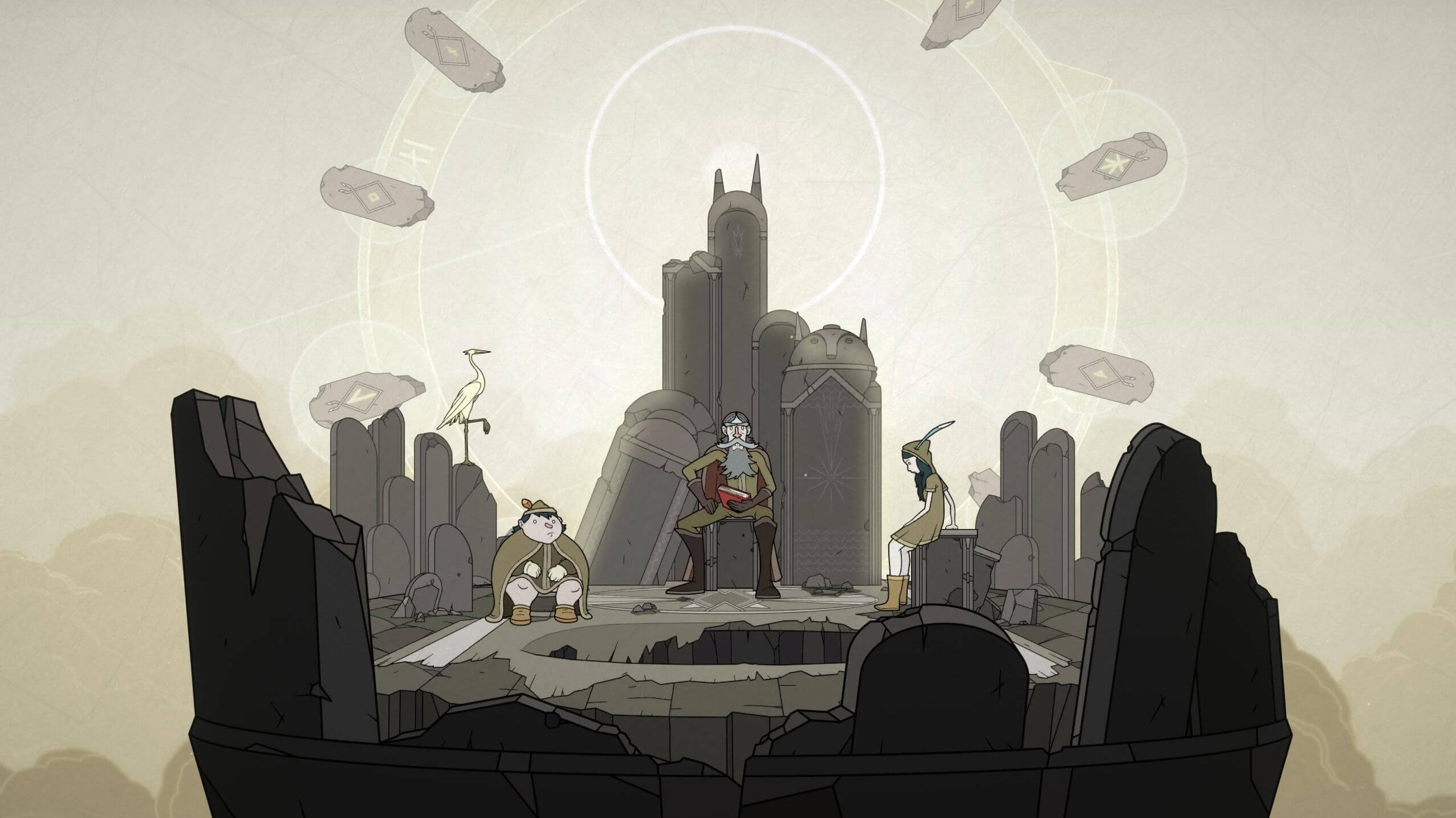After a disappointing outing with Assassin’s Creed III, Assassin’s Creed IV: Black Flag is just what the tired series needed. Regardless of some gameplay issues that have been plaguing the series since its very beginning, Assassin’s Creed IV is an extremely fun refinement to the franchise.
Black Flag opens with Edward Kenway, a pirate in search of wealth and fame who happens to stumble upon the Templar and Assassins not so secret war. No time is wasted in long introductory sequences; Kenway is quick to wear the series’ trademark hooded garb, blades and gadgets, although his motives initially are far from trying to save or take over the world. Edward just wants to get rich and enjoy an easy life at first.
As soon as Edward scores a ship and crew of his own, very early on in the game, Assassin’s Creed IV opens up and sets you lose to explore the Caribbean, take assassination contracts, hunt collectibles, raid tombs and most importantly, be a bloody pirate.
 The naval mechanics introduced in Assassin’s Creed III are back and expanded to great effect in Black Flag. Naval battles are even more exciting and chaotic as the previous game, thanks to the absurdity of upgrades you can fit into your ship and that your enemies do so as well. At the start, you’ll be outnumbered and outgunned but thankfully, upgrade progression is swift, so by the end of the game, Edward’s ship, the Jackdaw, becomes the scourge of the open seas.
The naval mechanics introduced in Assassin’s Creed III are back and expanded to great effect in Black Flag. Naval battles are even more exciting and chaotic as the previous game, thanks to the absurdity of upgrades you can fit into your ship and that your enemies do so as well. At the start, you’ll be outnumbered and outgunned but thankfully, upgrade progression is swift, so by the end of the game, Edward’s ship, the Jackdaw, becomes the scourge of the open seas.
In terms of living up to the creed of assassinating, Black Flag‘s more lenient approach to mission fail states should come as a welcome change, especially after Assassin’s Creed III. Pursuing and eavesdropping targets is still awkwardly implemented. Regardless of the changes to stealth that come via more generous hiding spot placement, the inclusion of alarms that can be sabotaged and much larger window of time you have to escape during missions, there’s no denying that the Assassin’s Creed mission design is stale. That’s evident when Black Flag‘s best moments aren’t even tied to its story based missions at all, but in just about everything else the game has to offer.
 You are still free to jump and climb about, and much like Assassin’s Creed III, you’ll be doing much of it in natural obstacles like trees, mountains and rocks. Reaching viewpoints is just as important to moving around the game world this time around, as they not only unlock map objectives, but also fast travel points. Fast travel works directly off your map now and works as a strong incentive for exploring, if all the other activities to be done weren’t enough for you.
You are still free to jump and climb about, and much like Assassin’s Creed III, you’ll be doing much of it in natural obstacles like trees, mountains and rocks. Reaching viewpoints is just as important to moving around the game world this time around, as they not only unlock map objectives, but also fast travel points. Fast travel works directly off your map now and works as a strong incentive for exploring, if all the other activities to be done weren’t enough for you.
Combat is fluid and benefits from the continual improvements to Assassin’s Creed games. Moving from victim to victim in a combo is viciously satisfying and easy to pull off with a press of a button. Aside from the move to Black Flag’s historical period weapons, there isn’t much depth to be found in sword or gun fighting, regardless of the addition of free aim for guns, which only really comes to use during hunts and not much else.
Aside from pirating and being a wind powered sailing terror at sea, commerce and income also play a role in Assassin’s Creed IV. Following previous games in the series, crafting is paramount to upgrading your equipment and ship. Although extremely watered down for the sake of simplicity and making the game streamlined, finding just the right amount of items and gold in order to built and buy better parts or a new pair of swords is often fun and rewarding.
The attention to detail in Black Flag is astounding, especially on the versions of the game out on newer generation of consoles and the PC. The sea looks and moves realistically in relation to your ship, and the weather effects while out sailing are a beautifully rendered destructive spectacle that don’t stop impressing, even if it’s your 30th time gunning down an enemy ship or attacking a fortress.
As soon as you step away from the Animus, it becomes apparent that Ubisoft is now having fun developing Assassin’s Creed. After the end of the convoluted journey of Desmond Miles in Assassin’s Creed III, it’s clear that they’ve given up trying to take traveling through time periods and assuming different assassin identities seriously.
The in-game fictitious multimedia company Abstergo claims credit for developing Black Flag, thanks to the farming of Desmond’s genetic memories, purely for entertainment purposes. It’s an unique and somewhat meta approach to delivering the ifs and whys to the game that works much better than the previously uninteresting modern day segments in Assassin’s Creed.
Assassin’s Creed IV‘s multiplayer is also presented under Abstergo’s guise, as a game within the game. Little has changed in the core multiplayer experience firstly introduced in Brotherhood, so if you’ve spent any time online in recent games in the franchise, you should find familiar ground in Black Flag’s multiplayer. Modes vary from team based deathmatch and pure free-for-all to the return Assassin’s Creed III’s Wolfpack mode, a cooperative scenario that tasks teams of up to four players with continuously challenging assassinations.
The most substantial of multiplayer additions comes in the form of the Game Lab, which lets you tweak existing multiplayer modes in order to come up with your own variations, with a fairly extensive choice of options. The plan is for Ubisoft to fish up the best from the pool of user created content and serve it as custom modes for a certain period of time, similar to what Sucker Punch did with Infamous 2′s user created levels.
Assassin’s Creed IV: Black Flag is certainly a step in the right direction for this tiring yearly franchise. Ever present gameplay and mission structure inconsistencies aside, its expanded naval exploration and battle mechanics are fresh and exciting enough to make Black Flag a gorgeous looking showcase that’s well worth leaping into.







